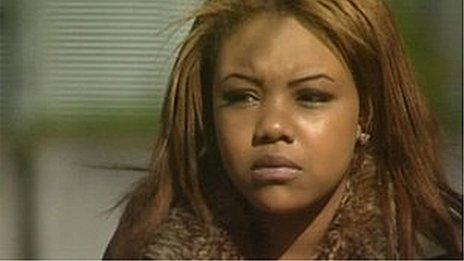Violence in children's relationships 'a public health issue'
- Published
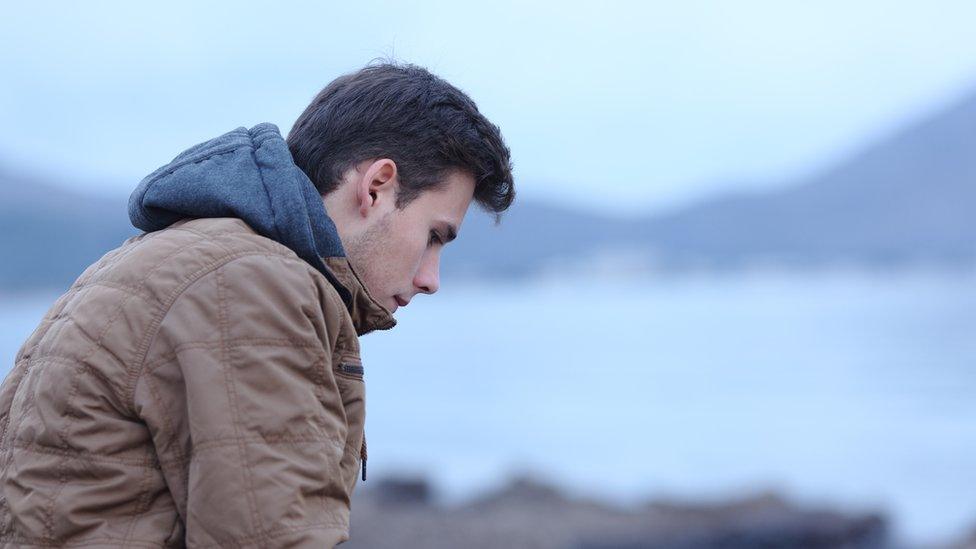
One domestic abuse charity said about a quarter of young people they helped had their own children
So many young people experience violence in relationships it should be prioritised like substance misuse or smoking, a study has said.
Cardiff University researchers questioned 75,000 11 to 16-year-olds, a first large-scale survey on the issue.
They said dating and relationship violence in this age group should be treated as a public health issue.
One charity said they could "fall between the gap" of domestic violence support and child social services.
Over half reported their dating experience.
Of those, 17% of boys (3,369) and 12% of girls (2,469) said they had experienced physical violence by a romantic partner at least once.
That's a total of 5,838.
Graham Moore, deputy leader of Cardiff University's school health research network, said long-term consequences of violence in young people's dating relationships had not been well researched until now.
He said there was no reason to believe exposure to violence within romantic relationships would be different from exposure to other violence in adolescence and could mean there were some "potentially profound consequences".
He added: "In some ways the relationships we have in adolescence are very formative and set the tone for the way we approach relationships later in life as well."
The problem affects boys and girls from all socio-economic backgrounds, although there were higher rates of exposure among children not living with both parents, the study found.

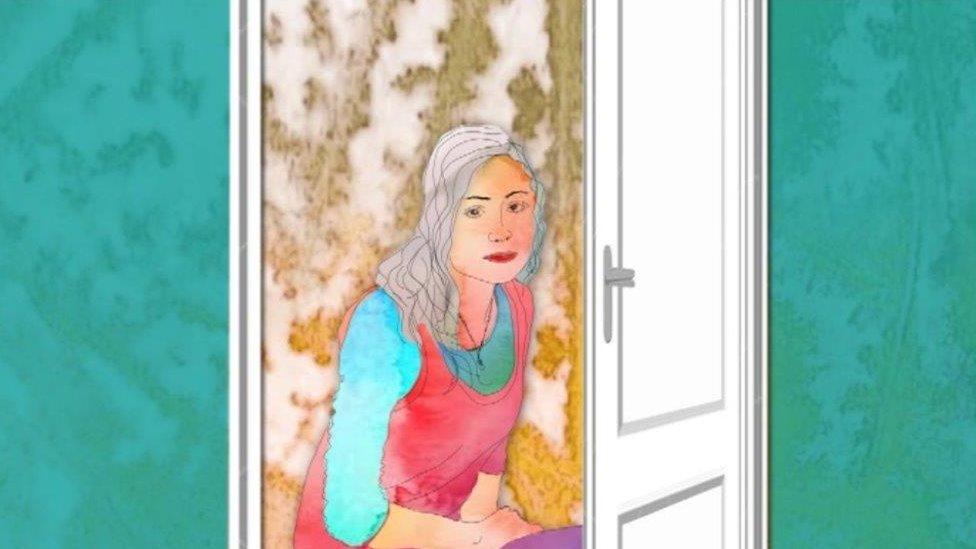
Staying with her abusive ex-partner was a "habit", says Louise
'I was thrown in front of a car'
Louise was 15 when she became involved with a man in his 20s - it quickly became an abusive and controlling relationship.
"Punching, kicking, spitting, biting and then it led to being thrown in front of a car," she said.
"There was also the mental side of things and I don't know if I could put my finger on what was the worst."
He was extremely jealous, suspected her of seeing other people and took drink and drugs. He went through her phone and would time how long she took when going to the shop.
"When someone's young and that person is a lot older, they mould you, they have you how they want you, they take advantage of you," she said.
Louise admits she did not listen to people who told her to leave, even though panic attacks saw her end up in hospital.
"People are either ashamed to tell the truth or are scared," she said. "The more people were saying leave, the more I was saying no. I realised it was just habit. Looking back I never loved him."
Eventually, she left him and got a restraining order. She is now in her mid-20s and has a new partner.
"I'm in a much stronger place. It was quite weird at first to have my freedom back."

Catherine Hill of Phoenix Domestic Abuse Services in Blaenau Gwent helped about 150 young people on the centre's most recent project.
She said problems could be complex because issues at home or school could leave them vulnerable.
But their age means they "fall between the gap" of services to help - not young children in an abusive home environment and not old enough for conventional domestic violence support.
"Yes they fall within child protection, but the services that social services can then offer are quite different and aren't bespoke enough for what they need," she said.
"So many domestic abuse services will have packages of support for young children who have witnessed [abuse], but when they're victims within their own right, it can become quite difficult.
"How you fund that work then is also quite complex, because whose responsibility is it to fund it? I'm not aware that Welsh Government fund currently any work around young victims."
The Welsh Government said it supported under-16s suffering domestic violence "through school programmes on healthy relationships and by providing training workshops and guidance on peer relationship abuse for those who work with children and young people".
A spokesman said Wales' new curriculum would include "compulsory relationships and sexuality education for ages three to 16, ensuring boys and girls learn about what's appropriate in a relationship and about preventing domestic violence".
- Published10 May 2018
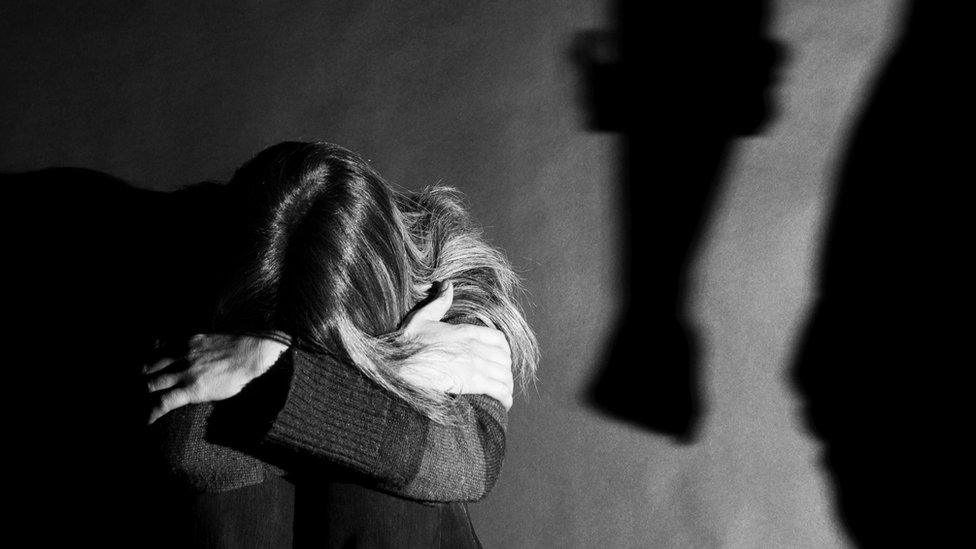
- Published28 August 2019
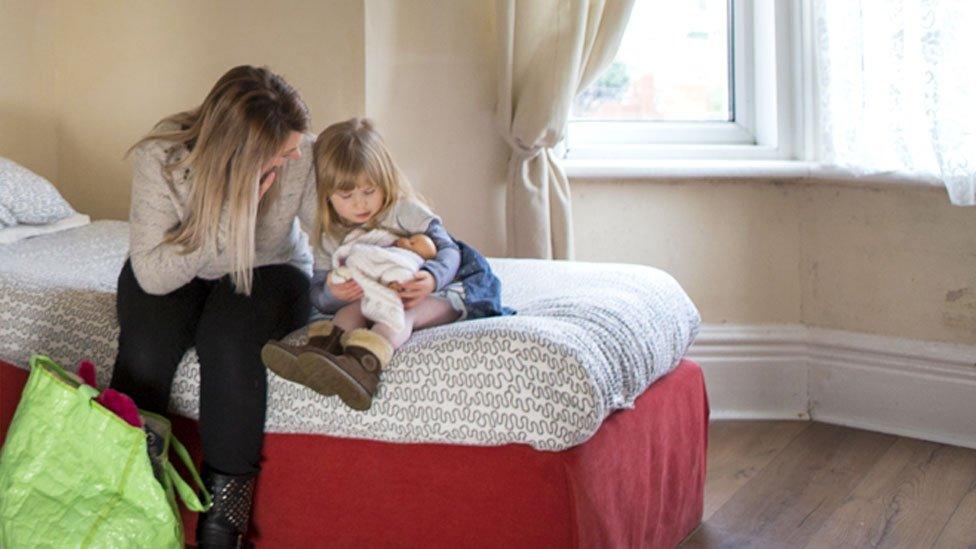
- Published5 February 2014
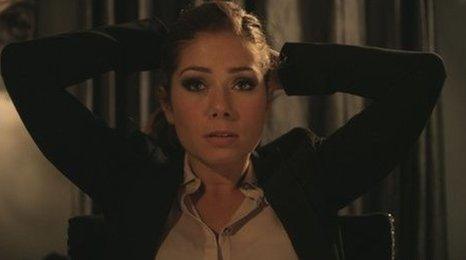
- Published24 April 2012
